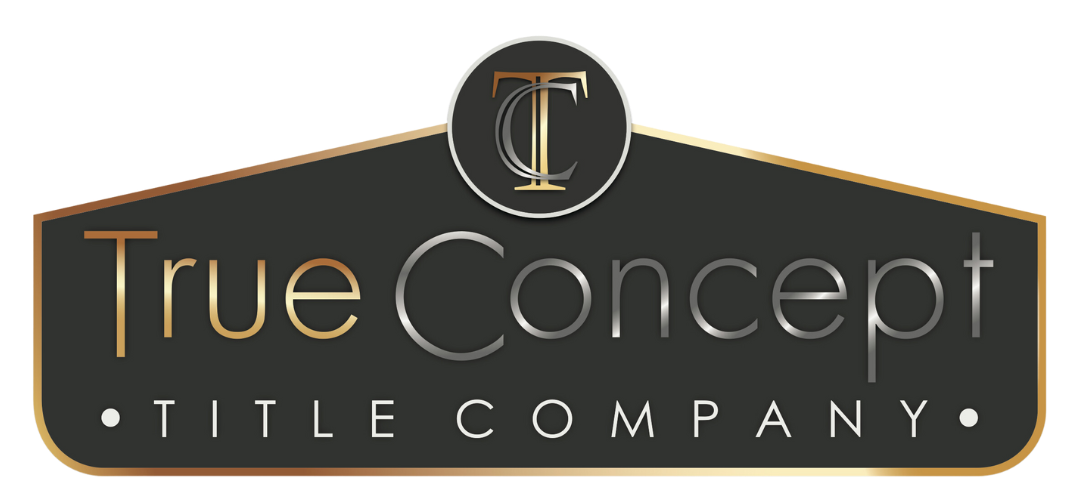Protect Your Property Rights from Hidden Easements
The Hidden Risk You Can't Afford to Ignore: Easements & Your Property
Before you fall in love with the perfect property, take a moment to protect what matters most, your control, your investment, and your future plans. Not every risk is visible.
Easements are hidden legal rights that can give others access to your land, impacting how you use your property, what you can build, and even how much control you truly have as an owner.
Understanding easements upfront is critical to protecting your property rights, avoiding future disputes, and ensuring the land you’re buying is really yours to use the way you intend.
Why Easements Matter More Than You Think
You wouldn’t buy a home with broken plumbing or a crumbling foundation, so why risk buying one with a legal restriction you can’t even see?
They come in many forms, including:
- Utility Easements: These allow companies to run lines or pipes underground or overhead, and often give them the right to access your property for maintenance.
- Shared Driveways: You and a neighbor might share access, but legal clarity matters, especially when repairs or disagreements arise.
- Access Easements: These give someone else the right to pass through your land to reach their own.
- View Easements: In some cases, a neighbor may have the right to prevent you from building anything that blocks their view.
- Drainage Easements: These allow for the natural or engineered flow of water, often affecting landscaping or construction plans.
And the worst part? Many homeowners don’t know about them until after closing, when it’s too late to back out.
These rights can be binding and permanent, even if they were granted decades ago by previous owners. These easements can interfere with your ability to renovate, build, or fully enjoy your property. They may lower property value, create legal obligations, or result in future conflicts if not discovered and addressed early. Knowing what easements exist before closing is essential to making a fully informed purchase.
Where Easements Come From and Why They’re Easy to Miss
Easements can be created in several ways, and not all of them are easy to spot in a typical property walkthrough or basic title check. Some are written into deeds or subdivision plans. Others develop over time based on long-term use, even without written agreements.
Prescriptive easements, for example, are created through repeated use over time, even without the owner's permission.
Because not every easement is formally recorded, and some may be decades old, it takes a detailed search, and experienced review, to uncover them all.
How Easements Are Caught Before They Become a Problem
Easements often aren’t obvious, and that’s exactly why a thorough title review matters. At True Concept Title, identifying these issues early is a core part of our process, not just a box to check. When we review a property, we:
- Dig into recorded documents like deeds, plats, and municipal filings
- Trace the property's legal history to uncover any long-standing access rights
- Examine past transfers and use patterns that might signal a prescriptive easement
- Flag any unrecorded or questionable items that could interfere with ownership or future use
We also coordinate with underwriters and, when needed, legal professionals to fully assess the impact of discovered easements.
If we find something, we don't just report it, we clarify what it means for you. Whether that’s outlining the impact on your ability to build, recommending legal review, or coordinating with the seller to resolve it before closing, our job is to catch the issues that others might miss.
Why Title Insurance Is the Protection You Can’t Skip
Even the most thorough search can’t uncover every risk. That’s where title insurance comes in. Your policy gives you:
- Coverage for unknown or hidden easements that appear later
- Protection from legal costs if someone challenges your ownership rights
- Peace of mind knowing you’re not stuck handling surprises on your own
It also ensures you have professional legal support on your side when unexpected title issues surface, not just financial reimbursement.
Without it, you’re on your own for any legal, financial, or structural problems tied to an easement. With it, you’re backed by experts who can handle it all.
Can Easements Be Removed or Changed?
Not always, but in some cases, yes. It depends on who holds the easement and what rights it grants. If the easement benefits a utility company or municipality, it’s unlikely to be removed. But private easements, like those involving neighbors, may be modified or terminated through:
- Mutual agreement and formal release
- Legal action (in specific situations, like abandonment or misuse)
- Changes in property configuration that make the easement unnecessary
Public utility easements are the hardest to remove, given the community benefit they provide. Private or shared-use easements may be more flexible, depending on how they were created and whether both parties agree to changes.
The key takeaway? Don’t assume easements are fixed or harmless. Always seek clarity before closing.
Final Thoughts: What You Don’t Know Can Cost You
Every piece of land comes with a history, and sometimes, that history includes quiet legal rights that can disrupt your plans. Easements may be invisible, but their impact is very real. Whether it’s limiting how you build, reducing your privacy, or creating legal confusion down the line, ignoring them can cost far more than you expect.
That’s why doing your due diligence before closing is critical. Because once you sign the papers, those problems become yours.
At True Concept Title, we believe your property should come with clarity, not question marks. We uncover what others might miss, translate complex legal language into simple terms, and help you move forward with confidence.
Ready to Make Sure Your Property Is Really Yours?
The goal is simple: to give you a clear understanding of what you're buying and to help prevent costly surprises down the road.
If you’re planning to buy, sell, or just want a second look at your title, get in touch with True Concept Title. We’ll help you understand exactly what’s on your land, so you can protect what matters most.










